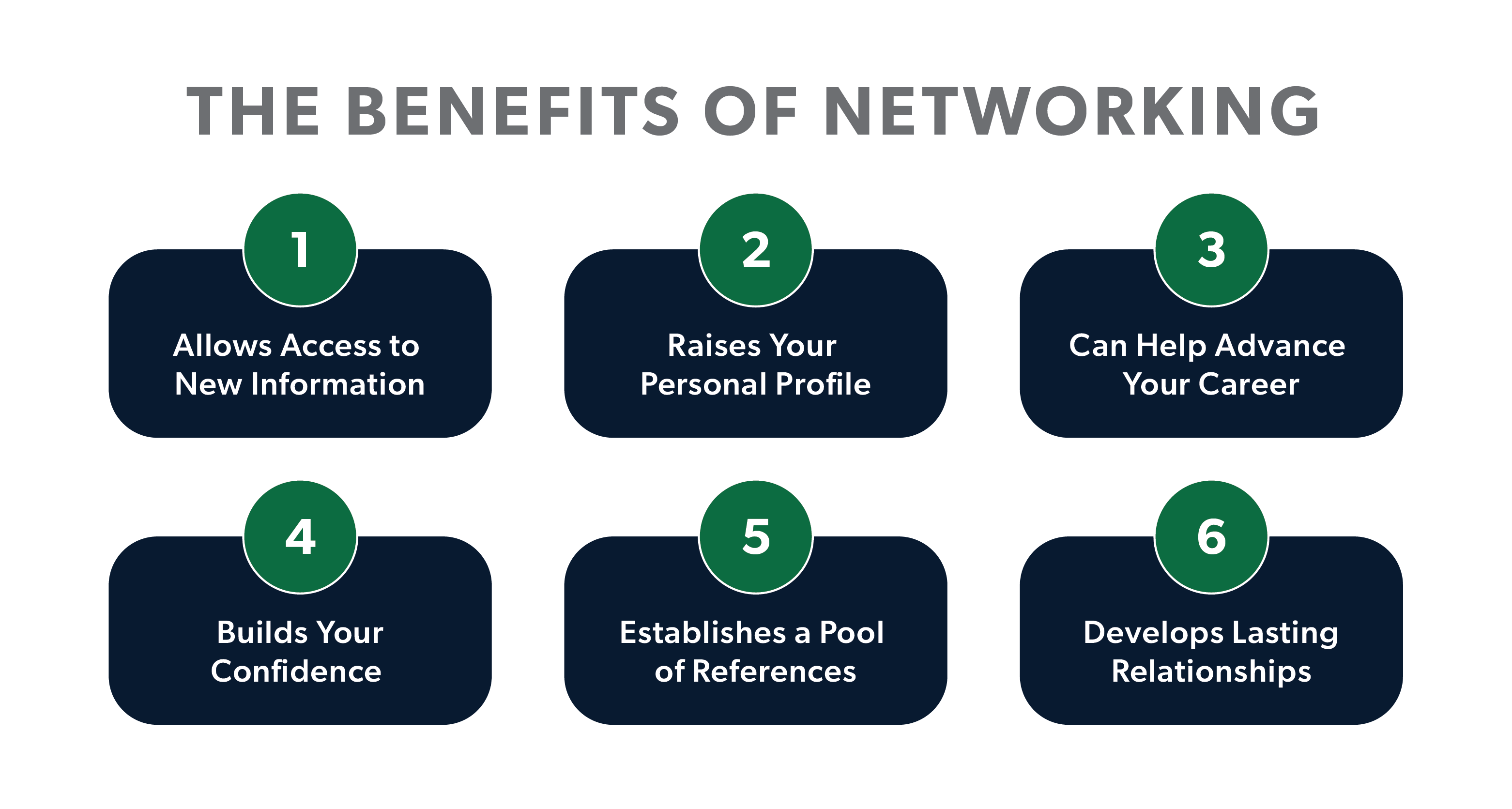Common Job Scams & Protection Strategies
Job scams pose a significant threat to individuals seeking genuine employment opportunities. By masquerading as legitimate job offers, these scams aim to exploit job seekers for money or personal information. This guide will delve into the various types of job scams, highlight warning signs, and offer protective measures to help you navigate your job search safely.
Understanding Common Job Scams
The Array of Job Scams
Scammers employ a myriad of tactics to prey on unsuspecting job seekers. Here are the primary types of job scams to be aware of:
- Fake Job Listings: These listings may appear on reputable job sites or social media, asking for payment to apply or start a job.
- Impersonation Scams: Scammers pretend to be from well-known agencies or firms, often requesting money for fake screening fees.
- Suspicious Email Offers: Emails from faux recruiters asking for personal information under the guise of job opportunities.
- Misleading Informational Material: Offers of exclusive, yet often freely available, information for securing job interviews, for a fee.
- Deceptive Online Interviews: Invitations to interviews through unknown messaging services, aiming to harvest personal data.
- Money Laundering Schemes: Proposals to use your bank account for transferring funds under the pretext of employment.
- Credit Report Frauds: Demands for payment for credit checks under the premise of job eligibility.
- Career Consulting Scams: Offers to enhance your resume for a fee, often with little to no value.
- Work-From-Home Frauds: Requests for upfront payment with promises of remote work opportunities that turn out to be scams.
- Shipping Scheme Scams: Proposals to pay you for shipping goods, which may involve illegal activities.
- Bogus Government Job Offers: Claims that payment is required to apply for or secure government jobs.
- Equipment Purchase Scams: Demands for payment for work equipment with promises of reimbursement.
- Envelope Stuffing Cons: Offers for high-paying jobs to stuff envelopes, requiring upfront payment for non-existent work.
- Fake Career Advancement Grants: Emails suggesting eligibility for government grants for personal development, aiming to extract personal information or money.
- Data Entry Job Scams: Advertisements for high-paying data entry jobs that ask for payment for training or personal information.
- Mystery Shopper Scams: Offers for mystery shopping jobs that require payment upfront, often with no real job at the end.
- Resale Gig Frauds: Opportunities to buy and resell luxury goods for profit, where scammers fail to deliver the purchased goods.
Spotting the Warning Signs
Be wary of the following red flags that may indicate a job scam:
- Persistent Unwanted Calls: High-pressure tactics to accept dubious job offers.
- Unprofessional Emails: Communications filled with errors and offering little to no concrete details.
- Suspicious Social Media and Websites: Newly created or scantily detailed online presences that seem off.
- Premature Requests for Personal Details: Early demands for sensitive information or upfront payments.
- Too-Good-To-Be-True Offers: Vague, yet highly lucrative job propositions.
- Unfamiliar Interview Software: Requests to download unknown software for job interviews.
How to Shield Yourself from Job Scams
Proactive Measures
Employ these strategies to safeguard against job scams:
- Conduct Thorough Research: Verify the legitimacy of the employer by checking their official website and social media presence.
- Ensure Website Security: Look for “https://” in web addresses to confirm site authenticity and security.
- Trust Your Instincts: If a job offer feels suspicious, it’s safer to avoid it.
- Safeguard Personal Information: Do not share sensitive details unless you’re confident in the employer’s legitimacy.
- Seek Out Reviews: Utilize job sites and the Better Business Bureau to find any complaints or fraud claims against potential employers.
Actions If Scammed
If you fall victim to a job scam, take immediate steps to mitigate the damage:
- Contact Your Bank: Inform them of the scam to secure your accounts and reverse unauthorized transactions.
- Block and Report the Scammer: Use email and phone blocking features and report the scam to relevant authorities, including the FTC.
- Activate Fraud Alerts: Utilize services from your bank or credit agencies to monitor for unauthorized use of your information.
Conclusion
Navigating the job market requires vigilance to avoid falling prey to scams. By recognizing common scams, understanding the warning signs, and taking proactive steps to protect yourself, you can pursue legitimate employment opportunities with confidence.




